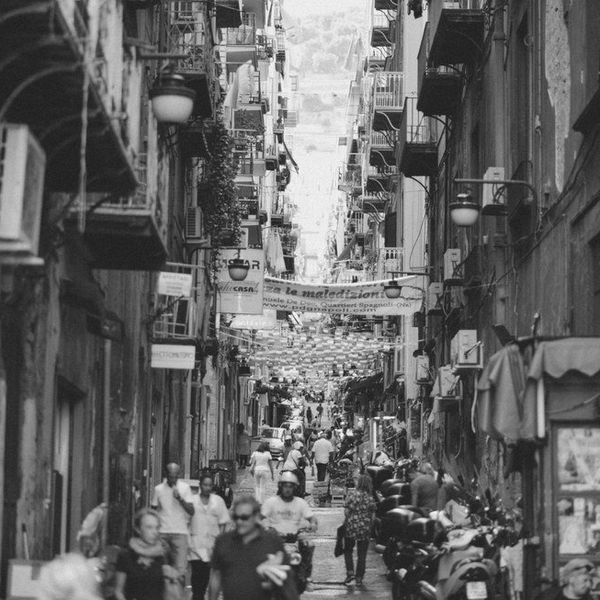While in Guatemala this summer, I had the pleasure to stay with the man in this photograph and his family for a few days. Even though we didn’t have much interaction due to the language barrier, I got the chance to sit down with him and his wife to talk about their life. He requested that his name and face not be shown to protect his identity.
Uncle Tío is sixty- two years old and still going strong. He and his wife live with their extended family in the Department of Quiche in Guatemala. He has provided his family with a beautiful home in the heart of the city, not even a stone's throw away from the main square. Exceedingly hospitable during our stay, they invited us out to see their farm. Their plot sits on about twenty acres about a half an hour outside of the city, with a large ranch style home in the front. They introduced us to their geese, chickens, and cattle, and they showed us around their fields of coffee, crops of corn, sugarcane, and bananas. As we finished the afternoon, he went to the backyard and gave us a large bag full of the juiciest oranges I have ever tasted. The entire farm is worked by hand, from planting to watering, and during their harvest season, they employ one additional worker. Uncle and his wife work twelve hour days in the sun providing for their family.
Uncle also came up to the United States to work in landscaping and is now planning a three month visit to see his family. Although landscaping was not ideal because of the working conditions, it was worth the pay. In answer to my direct question, Uncle acknowledged that when he came to work in the states, “Yes, I honestly did feel like like I was taking from Americans.” As he said, "It is their land and not mine,” but he worked anyway. It is best described as conscience vs. opportunity, as the U.S. holds more opportunity to provide than his home country. When he and his wife were first married, they would work in the U.S. for five dollars per hour, starting the work day at 3 A.M. and coming to bed at 10 P.M.
This man and his wife are some of the most disciplined, hardworking people I have had the opportunity to meet. Not only has their hard work and saving given them a good life, but they were also gracious enough to share their home and harvest with us as we stayed with them. They have seen many hard times, especially within a culture that doesn’t give them much room to grow.
In three ways, this couple does not fit the stereotypical message perpetrated by mainstream media and popular opinion. First and foremost, they work painstakingly hard to live they way they do. Their children are extremely blessed to have two parents who continuously give and give to make ends meet. Second, they come to the U.S. legally. Third, they are not associated with drugs or violence. They have witnessed both, but they live a clean and peaceful life.
They are not every South American who comes to the states. There are many who do come illegally and who do bring drugs and violence, but to paint every Latinx with the same broad brush is both inaccurate and degrading. I have lived my whole life in North America, and I have failed to see anyone work as hard as this man does to merely provide his family with food and running water.
I speak no Spanish, no Quiché, and no Cachiquél. As these people walking around in their traditional colourful Guatemalan garb stare at the American girl in a t-shirt and cargo pants, I feel distant. The language barrier makes communication difficult to nearly impossible, especially in areas which speak an indigenous dialect. I am the outsider, not because of my social status, but because I am different. I look different; my skin color is lighter than native Guatemalans, and my clothing is modernized and not viewed as culturally appropriate or traditional for women. Embarrassed, I stutter and sign my way around the market to try to buy a loaf of bread and some fruit. In a place so populated, I have never felt so alone in a world I thought I owned by country, and social class.
Words cannot explain how sorry I am... to have placed these people into a social class they do not deserve, and to believed the low characterization that the media has set for them. Yes, some are different than this family. Some do steal, they do lie, they do drugs, but is that not in every race?
This not only applies to Latinx people in their home country and in America but every group of people from race to religion to gender who are labeled by numbers and sound bytes in the media. To Syrian refugees who need homes to the LGBTQ community, I ask that you live a week in their shoes, barely making it by above impossible standards and below the eye of acceptance. I have felt it here, and it is a feeling I wouldn’t wish upon anyone. It is not only being alone by language and race, but being outcast by a place you need to call home. Uncle’s story is not an anomaly, but it is the everyday life of a father and his family in a country that has not caught up yet.




















